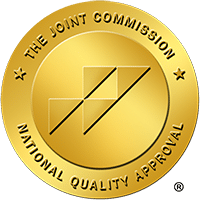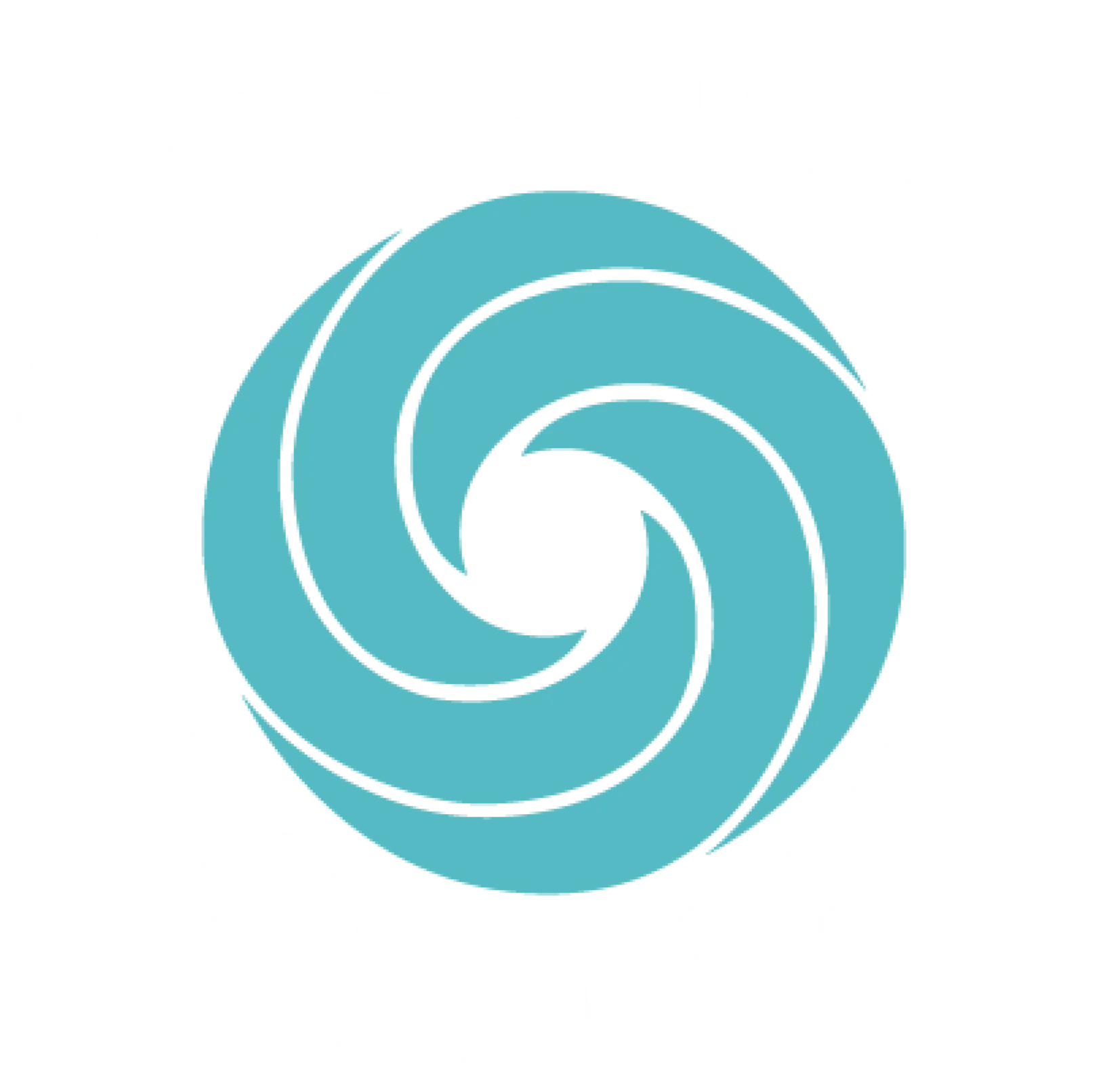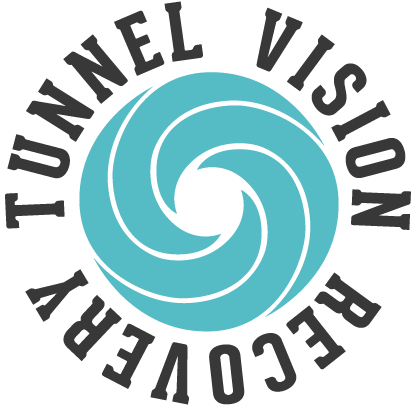Tunnel Vision’s court-ordered rehab program offers a structured, compassionate approach tailored to meet the unique needs of individuals mandated by the criminal justice system to undergo treatment. This program emphasizes accountability, personal growth, and the development of essential life skills that empower participants to overcome substance use disorders. Guided by experienced addiction specialists, Tunnel Vision’s program integrates individual counseling, group counseling programs, and evidence-based therapies to address the root causes of drug or alcohol abuse. With the dedicated support of a professional treatment team, participants engage in a transformative journey designed to foster lasting recovery and reduce recidivism. For those involved in adult drug courts or other court-mandated settings, Tunnel Vision provides a compassionate yet effective pathway, aiming to help clients successfully complete their treatment and take positive steps forward in their lives.
Court-ordered rehab is a treatment intervention mandated by the criminal justice system for individuals facing substance use disorders and substance abuse issues. This form of rehab is often seen as a way to help those involved in drug-related crimes or other offenses, offering a path to recovery and rehabilitation instead of jail time or further legal repercussions. Drug courts play a pivotal role in ensuring that individuals receive proper addiction treatment, allowing them to address their substance use disorders under court supervision.
How Drug Courts Work
Drug courts are specialized courts that manage cases involving individuals with substance abuse issues. They are designed to provide substance use disorder treatment as an alternative to incarceration. The goal of drug court programs is to reduce recidivism by addressing the root causes of criminal behavior, particularly drug or alcohol abuse. Participants in adult drug court programs are typically monitored closely, required to attend treatment, and participate in drug testing to ensure compliance.
Two General Types of Drug Courts
There are two main types of drug courts:
- Adult drug courts, which handle cases involving adult offenders.
- Family treatment courts, which focus on cases where substance abuse has led to pending child welfare cases or issues related to family dynamics.
Both types of courts aim to provide holistic treatment solutions, ensuring that individuals receive the help they need to overcome their addiction and improve their lives.
The Court-Ordered Rehab Process
The court-ordered rehab process begins with a court ruling that mandates an individual to attend a court-ordered rehab program. This decision is typically made when the court believes that the offender’s substance use is directly contributing to their criminal behavior. The first step in the drug court process is an evaluation by the drug court team, which includes probation officers, treatment professionals, and other experts who design a treatment program tailored to the individual’s needs.
Court-Mandated Treatment
Court-mandated treatment typically involves a combination of group counseling programs, individual counseling, and residential counseling in some cases. These programs aim to treat the underlying issues of drug or alcohol dependence, helping individuals to rebuild their lives while adhering to the guidelines set by the criminal court system.
Who Pays for Court-Ordered Rehab?
In states like Oklahoma, the cost of court-ordered rehab can vary depending on the specific treatment facility and the type of treatment program required. Often, the state or local government will cover some of the treatment costs, but participants may also be required to contribute depending on their financial situation. In some cases, court-ordered rehab may be funded through state grants, Medicaid, or private insurance, while others may offer community service as a way to offset costs.
The Role of Drug Courts in the Criminal Justice System
Drug courts are an essential component of the criminal justice system because they offer a structured alternative to traditional punitive measures. These courts focus on rehabilitation rather than punishment, providing individuals with the opportunity to address their substance use and work toward successful completion of their court-ordered treatment.
Why Court-Ordered Rehab Works
Research has shown that court-ordered rehab works for many individuals, particularly when it involves comprehensive care and close monitoring. Drug court programs often include mandatory treatment, regular drug testing, and ongoing supervision to ensure compliance with the program’s terms. Successful participants may have charges reduced or dismissed upon completing the program.
Disadvantages of Drug Courts
While drug courts are effective for many, they are not without their challenges. Some critics argue that not everyone is an ideal candidate for court-ordered treatment, especially if they are not ready or willing to address their addiction. Additionally, there can be concerns about the long-term effectiveness of court-ordered rehab programs, particularly for those with severe substance use disorders.
Adult Drug Courts and Rehabilitation
Adult drug courts are tailored to help individuals recover from drug or alcohol dependence while avoiding incarceration. These courts provide structured, long-term treatment, often spanning months or even years, depending on the severity of the substance use disorder. Participants are closely monitored throughout their recovery, with regular check-ins, drug testing, and meetings with the drug court team.
Treatment Centers and Programs
Court-ordered rehab programs are available through various treatment centers and facilities that specialize in treating substance use disorders. These treatment centers offer comprehensive care, including substance abuse treatment, mental health counseling, and group counseling programs. Many rehab facilities also offer services to address mental health issues that may accompany drug abuse.
How Long Can You Go to Rehab?
The length of time spent in court-ordered rehab depends on the individual’s progress and compliance with the program. Some programs last for several months, while others may extend for over a year. For severe cases, individuals may be required to attend longer-term programs, especially if they are struggling with co-occurring disorders or persistent substance use issues.
What are the Admission Steps for a Lawton, OK Rehab?
While admission steps are specific to each rehab depending on their treatment options, services, facilities, and other factors, there are some common admission steps you can expect at most rehabs in Lawton, OK.
Successful Completion of Court-Ordered Rehab
The goal of any court-ordered rehab program is the successful completion of treatment. This involves not only completing the required counseling sessions and drug testing but also showing genuine progress in overcoming substance use disorders. Successful completion can result in reduced charges, dismissal of cases, and a fresh start for the individual.
The Impact of Substance Use and Drug-Related Crimes
Substance use and drug-related crimes often go hand in hand, contributing significantly to the prison population. Adult drug court programs seek to break this cycle by offering a rehabilitative approach that addresses the root causes of drug abuse. Through a combination of court supervision, community service, and treatment, individuals are given the chance to rebuild their lives and avoid the negative consequences of a prison sentence.
Wellness Courts and Specialized Programs
In addition to adult drug courts, there are also wellness courts designed to address specific needs, such as cases involving domestic violence or sexual assault. These courts focus on healing and recovery, providing individuals with the resources they need to overcome their challenges. Family treatment courts are another specialized type of court that focuses on addressing substance use issues within the context of family dynamics, especially when children are involved.
Court-Ordered Rehab in the United States
There are thousands of drug court programs across the United States, each offering a unique approach to treating substance use disorders. According to the National Institute on Drug Abuse, these programs are critical in reducing recidivism and helping individuals avoid future legal troubles. They provide a structured environment for recovery, ensuring that participants have the support they need throughout the recovery process.
The Role of Drug Courts in Recovery
Drug courts and court-ordered rehab play an essential role in the broader effort to combat drug abuse and reduce the impact of drug-related crimes. By offering individuals the chance to seek treatment and avoid incarceration, these programs provide a lifeline to those struggling with substance use disorders. With the right support, individuals can successfully complete their court-ordered rehab programs and begin the process of rebuilding their lives.
See What Clients Are Saying
Tunnel vision Is so incredibly Awesome, It truely works , If u invest on there opoin, It works if u work it frfr . N Jesus Christ Amen 🙏🙏🙏🙏🙏
These people are lifesavers. They will be as dedicated to your recovery as you are and then just a little bit more. If you are looking for help do yourself a favor and contact Tunnel Vision Recovery!
I've been in multiple treatment programs and sober living homes and have never made the kind of progress that I've made with Tunnel Vision!! They've given me an amazing opportunity to start my life over again and even helped me regain guardianship of my son. Here we're not treated like a number or even a client, but more like family. I'm extremely grateful for Tunnel Vision and all the things they've done for me!!
Tunnel Vision truly helps people more than any other rehab I have ever been to. They really care about their clients getting back on their feet and build a life for themselves, and assist them in doing so. The houses are nice and clean. Food is provided, and no one goes without. This place is the first place I would recommend to my loved ones that are suffering from addiction.
I’ve been here for about 4 months now and can confidently say this is by far the best program I’ve ever been to. It’s a recovery family and such a life changing experience. 10/10 would recommend to anyone in need.
Awesome people that truly care about the clients and their recovery. Would absolutely recommend it !
Amazing people, life-changing experience really didn’t no were life was heading tell I meet Sean and jazz and Cody love these guys and have grew as a family recommend anyone is going through it or look forward to changing Life to get in touch with these guys tunnel vision is hands-down the best rehab I ever been to
I was so lost in my addiction that I even lost who I was and Tunnel Vision Recovery saved my life and reminded who I was meant to be. They didn't judge me. Not once, and they could even relate to alot of things I had been through. The staff are amazing whole hearted people who actually care about me and my recovery. They have provided me the tools to be able live again and to stay sober! Thank you Tunnel Vision Recovery!
I love this treatment center it has taught me a lot about myself and why I was on the path that I was on and it's taught me a lot of good tools to help me to keep from using and the staff is great
This is an amazing place to go if your trying recover I will say they placed me in a awesome clean and promising environment gave me great groups and ALL THE TOOLS I NEED to continue to be sober this place gave me hope and a future ! I’m so grateful for tunnel vision recovery!!
The counselors at Tunnel Vision Recovery are great. They know personally what I have been through, and they build their groups around everyday circumstances. They are like a close-knit family. They really do care about you and help you to create a better life for yourself. They are truly a Godsend.
This place saved my life an gave me the resources to get me back on the right path to a better way of living. Words can't describe how much they have done for me
My name is Derik tunnel vision got me out of a mess I would call my life. They got me out of Tennessee. I’m known for not trusting people so I would push them away no matter how hard I pushed they was there waiting with hugs they loved and believed in me when I didn’t now I’m not a person to dwell on mistakes I can just carry my message which has experienced strength and health where I’m at today. I’m currently back home in Tennessee clean. I got a job in sales. I’m a father. I’m a man. I’m a provider without them. Wouldn’t be able to do it without their they provided me with. They taught me family first and you can trust your friends you can rebuild relationships and boundaries are important and feelings are temporary. They taught me so much. I mean debt to them. My family is in debt to them. My family recognize the man I’ve became because of tunnel vision so if You thinking of going, don’t think just go. It’ll change your life.

The Joint Commission’s Gold Seal of Approval
Tunnel Vision Recovery is proud to be accredited by The Joint Commission, a symbol of our commitment to providing the highest standard of care in addiction treatment. This accreditation demonstrates that we meet or exceed national performance standards in patient safety, quality of care, and best practices in treatment. By achieving The Joint Commission’s Gold Seal of Approval, we affirm our dedication to continuous improvement and excellence, ensuring that every individual who walks through our doors receives safe, effective, and compassionate care. This distinction reflects our ongoing mission to help individuals reclaim their lives from addiction.

California State License
Certified by the State Department of Health Care Services LIC# 300726AP EXP 6/30/2027

